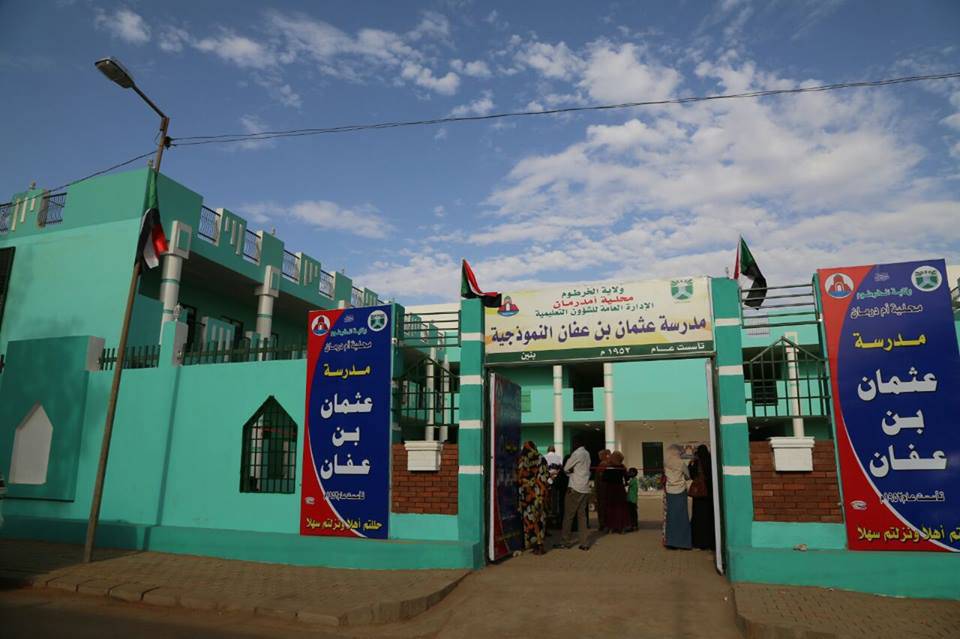Schooling Only for Those Who Can Afford It… The Poor Left Outside the Education System
Omdurman – Mashawir Correspondent

Amid the severe economic downturn, schools in Sudan have become a distant dream for many families. Education is no longer “free” as it was once claimed; it has turned into a heavy burden that only well-off families can bear, while thousands of others are left to face the bitter truth:
> Schooling only for those who can afford it.
Exorbitant fees… and no explanation
At the start of each school year, families are shocked by registration and operational fees that vary between schools, but most far exceed what the average citizen can pay.
In some government schools, fees have reached SDG 80,000–150,000 per student, not including other necessities such as uniforms, notebooks, textbooks, informal contributions, and exam fees.
One mother in Omdurman says:
> “I have three children… To educate them all, I’d have to work for two years. Education has become a business, and school is like a private hospital—only for those who can afford it.”
Dropouts and selective education
As a result, school dropout rates have risen, especially among girls, children in peripheral neighborhoods, displaced families, and low-income households.
Some parents now choose to educate only one of their children—usually the eldest boy—while postponing the education of the others to “better times” that may never come.
One displaced father explains:
> “I’m displaced and renting a home… I can barely afford food, but school expenses? Those have become a luxury.”
Schools caught between underfunding and profiteering
With dwindling government funding and operating budgets, school administrations have been forced to impose “operational fees” on students to cover chairs, chalk, water, and even sometimes teachers’ salaries.
On the other hand, there are complaints that some schools charge excessive fees without transparency, in the absence of effective oversight from education authorities.
A generation left out… and an uncertain future
Unofficial estimates indicate that more than 40% of school-age children are currently out of classrooms due to financial hardship, displacement, or the destruction of schools in conflict-affected areas.
Educators warn that if this situation continues, it will result in an entire generation growing up uneducated—vulnerable, and easily drawn into violence, crime, or exploitation.
Educators speaking to Mashawir call for urgent community initiatives to support free or “solidarity-based” education; for government fees to be reduced or capped by law; for poor families to be targeted with “educational sponsorship” projects; and for NGOs to partially fund schools during the recovery period.
Schooling has become a dream
If schools in Sudan have become a dream, then society has a duty to fight for that dream—because nations are built in classrooms, not in queues.




